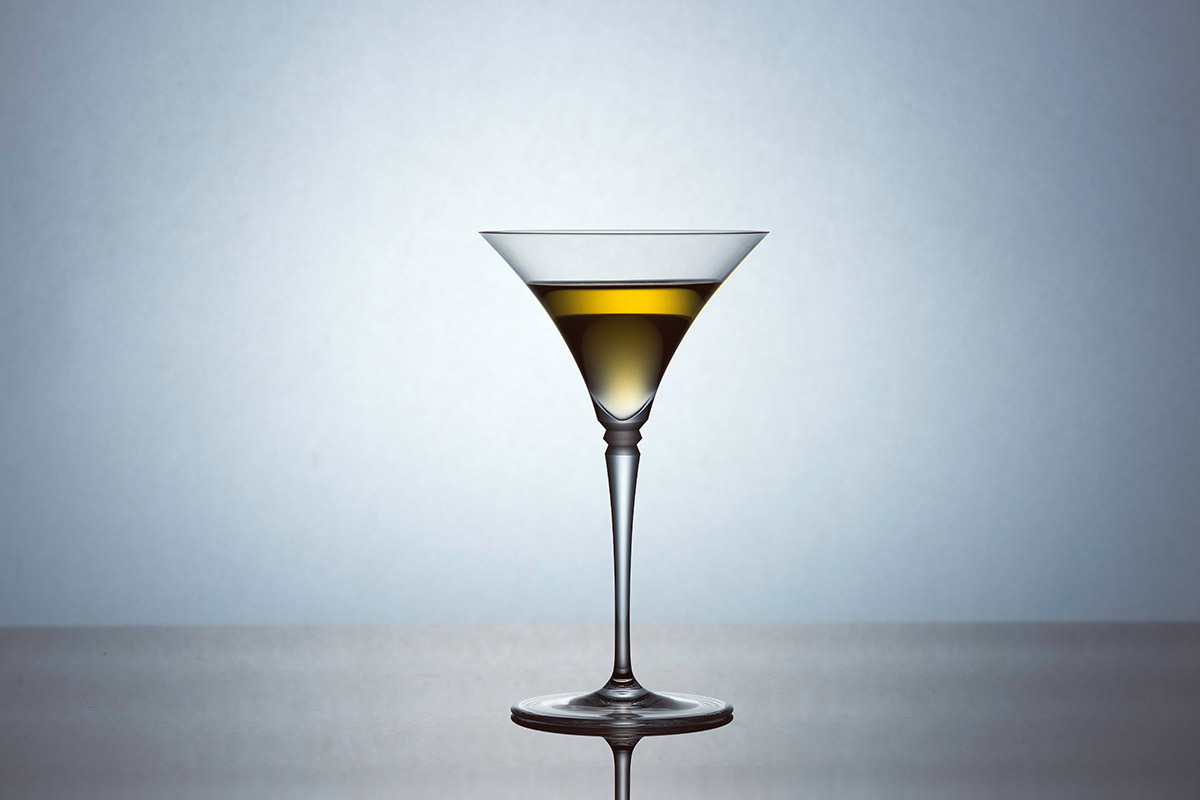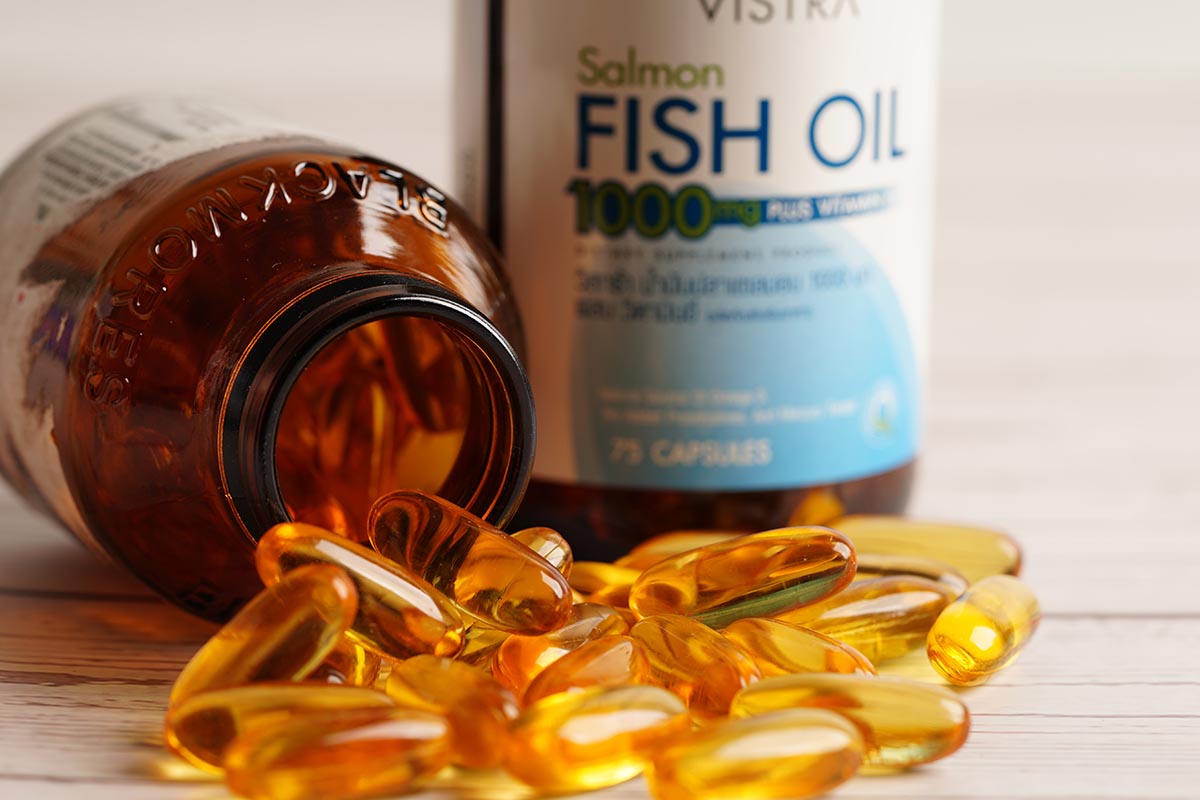Signs You May Be Drinking Too Much
Do you ever wonder if you might be drinking too much?
Have you ever had someone else express concern for how much you’re drinking—and did this get under your skin more than you’d like to admit?
If so, it’s time to learn how much drinking is considered excessive by the experts, and what signs could indicate you have a problem with alcohol.
How Much Drinking is too Much?
In the United States, a serving of alcohol is defined as a drink containing 0.6 ounces of pure alcohol. One serving of alcohol can be measured as any of the following:
- 80-proof liquor: 1.5 ounces
- Wine: 5 ounces
- Malt-liquor: 8 hours
- Beer: 12 ounces
Keep in mind, this is for standard alcohol content drinks, as in 5% beers rather than craft beers with a 10% or higher ACV, and standard 40% ACV liquors rather than heavy-duty 190-proof liquors like Everclear, which is 95% alcohol.
Also, while most restaurants will limit a glass of wine to around 5 ounces, most of us will pour more than that at a time in the comfort of our own home.
So how many of these standard alcohol servings is considered too much?
The CDC defines heavy drinking as 15 or more drinks a week for men and eight or more drinks a week for women.
Binge drinking (consuming too much alcohol in a single occasion) is defined as four or more drinks for women and five or more drinks for men. Both heavy drinking and binge drinking qualify as excessive drinking—i.e., you’re drinking too much.
You should also know that the different recommendations for women and men aren’t just about average body size—men and women also metabolize alcohol differently.
If a man and a woman of the same weight each drank the same amount of alcohol, the woman would have a higher blood alcohol concentration than the man.
14 Signs of Problem Drinking
Although the amount of alcohol you consume does matter when it comes to a problem, there is more to having a drinking problem than just how much you drink.
Here are some other signs of problem drinking to look out for:
- Do you sometimes end up drinking more or for longer periods of time than you mean to?
- Do you find yourself lying about, drinking alone, or hiding when or how much you drink?
- Has alcohol been involved with you ending up in risky situations, such as driving or swimming while drunk, getting into fights, or having unprotected sex?
- Do you have to drink more than you previously did to get drunk? Can you drink a lot of alcohol without feeling intoxicated?
- Do you spend lots of your time and energy thinking about drinking, and recovering from drinking?
- Do you feel like you need alcohol to help you get through life, such as often drinking to relax after a stressful day or to get your courage up to face social situations?
- Has alcohol interfered with fulfilling your responsibilities at work, home, or school?
- Do you continue to drink even though you know it contributes to mental or physical health problems, such as making you depressed or anxious or giving you an ulcer?
- Do you keep drinking even though it has caused trouble in your relationships with family, friends, or coworkers?
- Do you get hostile or defensive when people try to talk to you about your drinking?
- Have you cut back on or given up participating in activities or social engagements in favor of drinking, or because you are drunk or recovering from drinking?
- Have you been arrested or had other legal issues as a result of alcohol consumption?
- Have you experienced withdrawal symptoms when the effects of alcohol wear off, such as insomnia, restlessness, jitteriness, anxiety, depression, sweating, heart racing, headache, nausea, hallucinations, or seizure?
- Have you tried to cut down or quit in the past and were unable to do so on your own?
Even answering yes to just a few of these questions can indicate you have a problem with alcohol that requires professional help—especially if your attempts to quit or cut down on drinking have failed in the past.
An addiction to alcohol is a chronic disease that alters the way your brain works, even in cases of mild addiction.
These changes in brain chemistry and functioning make you prioritize alcohol over your health, your loved ones, and your future, even when you don’t recognize that this is what you are doing at the moment.
It takes time, and proper treatment to address these changes and heal the damage that has inflicted on your brain and body, your relationships, and your quality of life.
But there’s no need to try and overcome problem drinking on your own—not when there are so many amazing counselors, treatment centers, and support groups available to guide you through recovery to a healthier future.



















